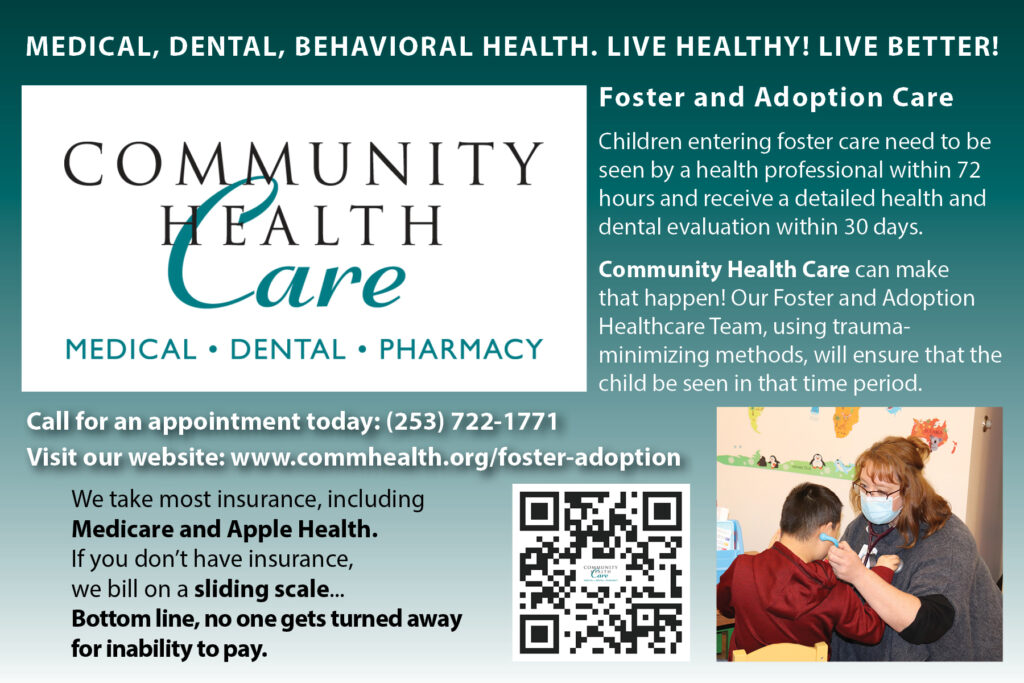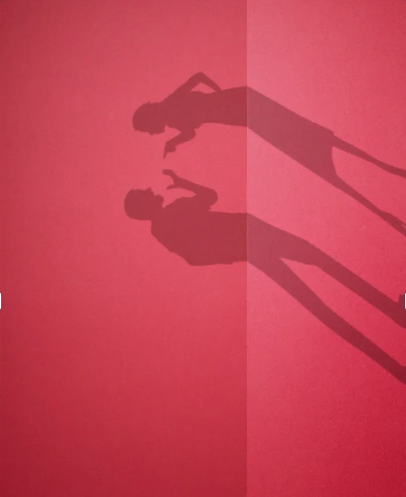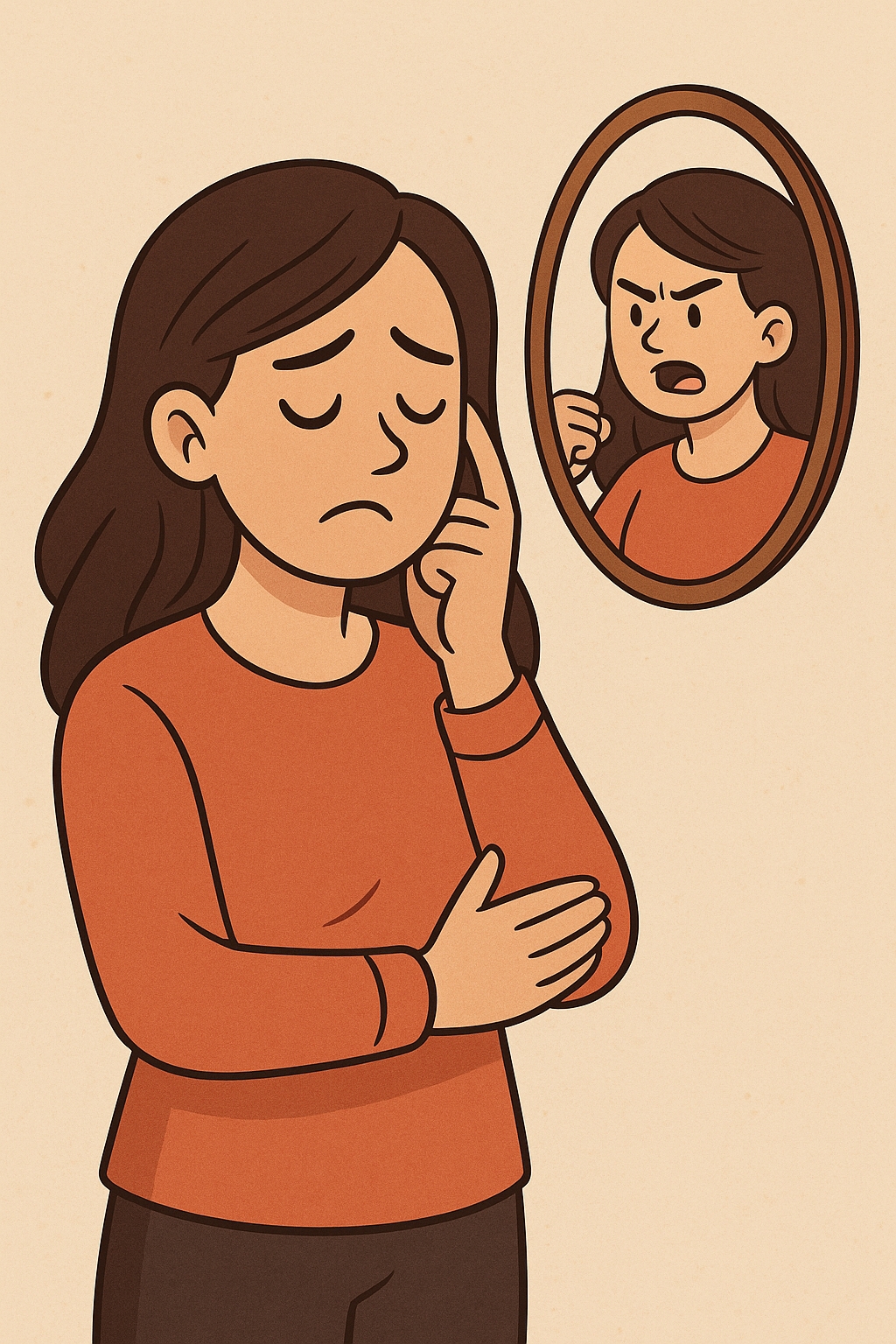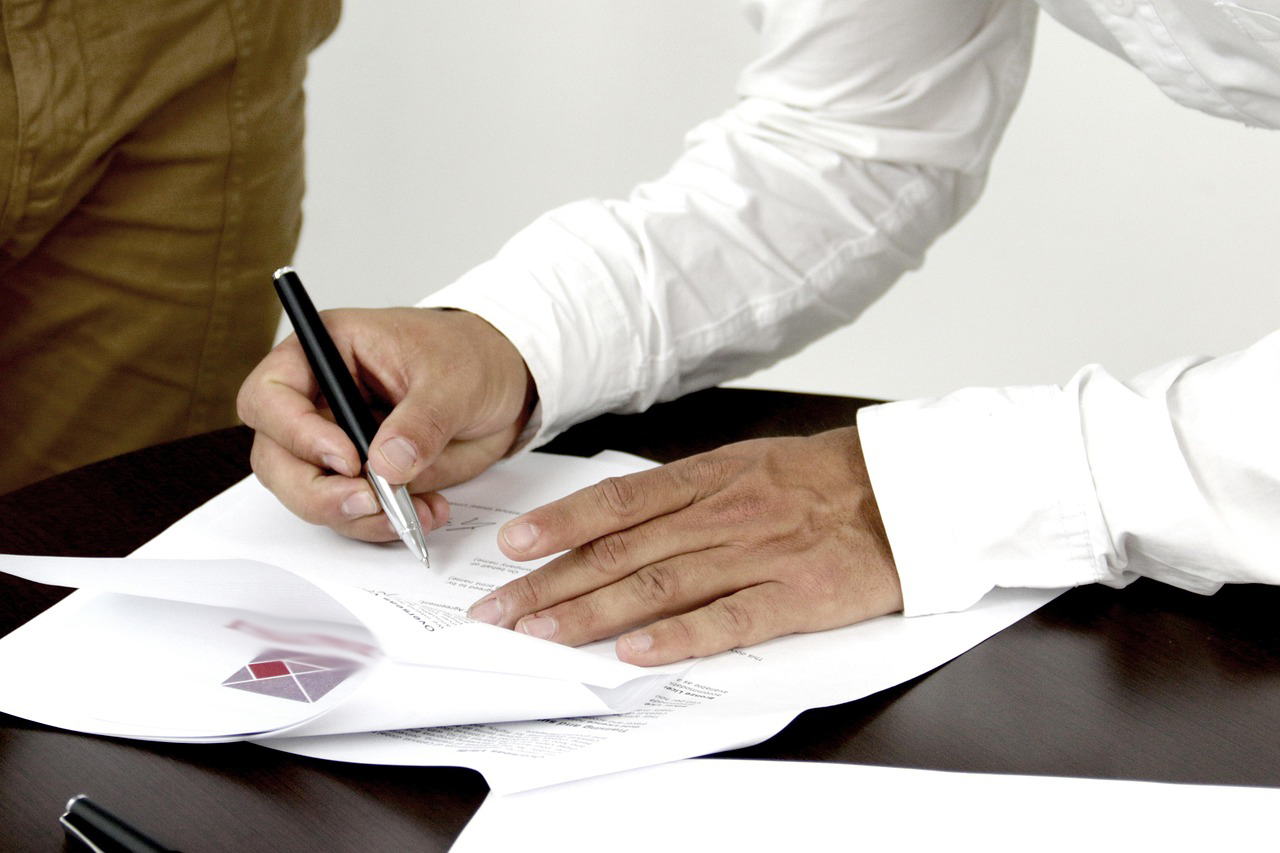BY AARDE WRITES for WEEKLY VOLCANO 6/13/25 |
Hey Aarde,
Given the state of the world, I’ve been trying to determine where I can be of the most help to my community. I want to protest for the very first time, but I hate to admit that I am afraid. What are my rights; what do I do if I find myself getting arrested, and how do I find protests that align with my goals?
Signed,
Scared but Willing
Hey, Scared but Willing,
It’s easy to side with the good guys in films that highlight resistance to oppression. Yet, sometimes, we find ourselves at a loss for action when it comes to real-life situations. Being informed of your rights and those of your neighbors is the most critical aspect of empowerment, enabling you to fight for what you believe in.
When it comes to finding protests that align with your purpose, you can use Google or search social media platforms for local organizations that focus on issues you care about. These organizations will share information, including times and locations, of protests and rallies that you can participate in ahead of time. It pays to stay ahead of the schedule so that you can utilize the time to develop catchy sign slogans that help convey your feelings about the injustices occurring around you. Many organizations are using focused messaging with specific wording or hashtags that will make the issue more searchable.
If protests sound too scary to begin, perhaps reach out to a group and offer your help ahead of time, as they are always in need of sign makers, medic packers, people to set up water stations, or general support to protesters—such as informing them of their rights on the front lines.
Bring snacks, water, sunscreen, comfortable weather-appropriate clothing, a sunshade, and phone charger accessories.
A regular protestor and organizer that I spoke with stated, “Most protests are very calm, safe, and even family-friendly, especially daytime events. Before anything turns violent, there are almost always many warning signs of rising tensions. Always be aware of your surroundings and have multiple exit strategies, as well as safety buddies to check in with. While taking and posting photos and videos at protests can help raise awareness about the cause, it could also pose a security risk for some, so be cautious about the information you publish.”
Many people recommend memorizing the number of a legal aid organization or writing it on your body so that if you are arrested, you can access a pro bono lawyer. Keep in mind that police can force you to use your fingerprints to unlock your phone but cannot force you to disclose a password. Therefore, consider changing the security settings on your phone to a non-biometric option; this will help keep your identity private.
Knowing your legal rights is imperative to keeping you and your community safe. Find all of your state citizen rights at the Know Your Rights Guide: Protests by the ACLU of Washington and at www.acrossfrontlines.org.
A summary: Don’t Talk to Cops (memorize the following):
- I am asserting my right to be silent and refusing to speak to you.
- I will not speak to any officer without an attorney present.
- I wish to leave; am I free to go?
Lastly, standing up and possibly putting yourself in danger is the real work, the hard work, the bold fight, the meaningful stand. Remember to take time to recuperate your head and heart space after any protest. You will find yourself with waves of heavy emotions; your body and soul will need to be grounded. Go into nature and allow your body to express itself through movement—whether it’s tears, pounding the ground, hugging a tree, putting your toes in the grass, or dancing it out.






